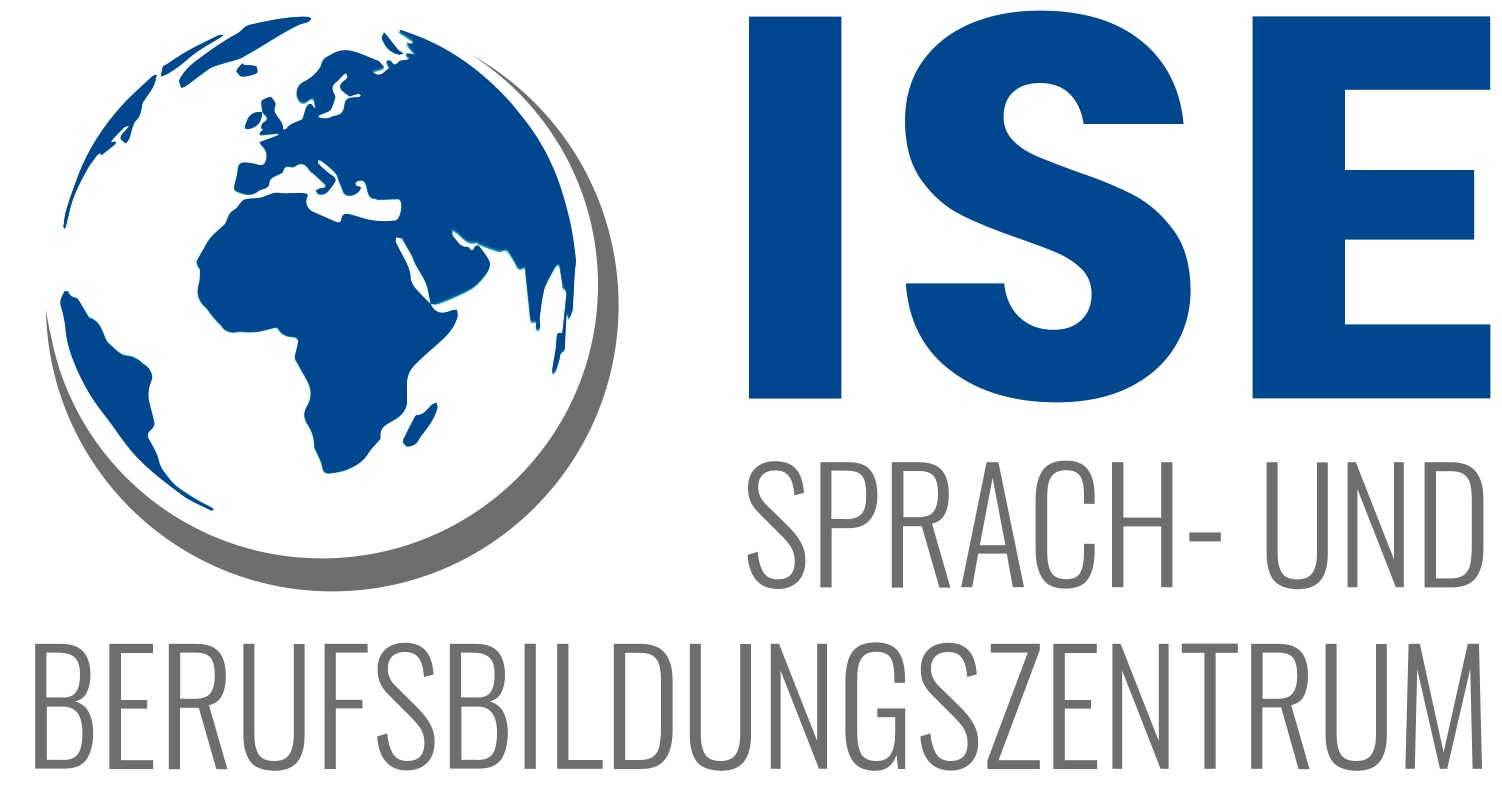For the first time, asylum seekers from unsafe countries such as Syria and Iraq have the opportunity to attend a German language course before they are recognized by the Federal Office through a special program. Since the beginning of November, 18 men between the ages of 18 and 36 have been acquiring basic knowledge of the language of the host country in the former golf clubhouse in Namsreuth near Königstein.
Amberg-Sulzbach/Königstein. (usc) “This is a very important step towards integration,” says Franz Elsner, head of the Amberg employment agency. For the first time, it is supporting this course at the Amberg Language and Education Center ISE. “We have had many years of experience in integration work, in which German lessons for immigrants play a very important role,” reports ISE managing director Peter Blendowski.
The so-called Asylum Process Acceleration Act from October of this year gives refugees housed in Namsreuth the opportunity to attend an introductory German course early. They should also learn how to find their way around the supermarket and local public transport. This course, said Franz Elsner during a visit with Königstein's mayor Hans Koch and ISE managing director Blendowski in Namsreuth, is reserved for asylum seekers "with good prospects of staying".
With Christa Shafi, a lecturer experienced in language courses for immigrants, the young Syrians and Iraqis are now studying vocabulary and grammar every day from 8:15 a.m. to 12:30 p.m. in the next room of the former golf club home. In a corner of the hall there is a group of seven people who first have to learn the Latin alphabet. “With enthusiasm,” as Ms. Shafi reports. One course participant admitted that he had picked up a ballpoint pen for the first time in his life.
The communication problems are limited. If necessary, translation is carried out from English into Arabic, and a bilingual course participant in turn translates for the young Kurds into their native language. The educational requirements are very different, as was shown by the course participants' own introductions. Pretty much everything is represented, from car mechanics to IT specialists and academics.
Franz Elsner appealed to the 18 refugees' eagerness to learn, some of whom have already acquired remarkable German skills. It would be worth it, as Germany urgently needs skilled workers. The Namsreuth refugees, who also live in the former clubhouse and cater for themselves in four kitchens, are intended by the employment agencies to learn a profession that is in demand in Germany, as Elsner emphasized.
“First of all, the most important thing is the language,” he made it clear to the young people from the Syrian-Iraqi and Kurdish war zones. “Once you have the language, we can integrate you more easily and adapt it to the German labor market,” said Elsner. The young people without a job are offered the opportunity to complete a three-year training course and further their education, Elsner explained to the refugees who were obviously very willing to learn. As soon as the Federal Office for Migration and Refugees has received recognition as an asylum seeker, the job center will take over the care of the refugees, said Elsner.
Elsner reported that educational institutions such as the Amberg ISE Language and Education Center would help with vocational training. He made it clear to the refugees that it was hard, but it could be done. Even for internships that are already offered by employment companies, a minimum of language skills are required. “We will do everything for you,” concluded Elsner.
During his visit to Namsreuth, ISE managing director Peter Blendowski encouraged the course participants to put forward one or two wishes in this group. The main problem seems to be the lack of shopping facilities due to the remoteness of Namsreuth, as the 18 refugees have to cook for themselves. Buying bus tickets for shopping trips to Sulzbach-Rosenberg or Amberg also poses a financial problem. During the course, the refugees were encouraged to specifically seek contact with the local population. During a spontaneous collection among visitors, 120 euros were raised for tickets. And Königstein's mayor Hans Koch wants to take care of a volunteer driving service with a minibus. The homeowner, Ernst Ledwinsky, also offered to be a chauffeur.
Finally, Koch found words of praise for a seven-person group from Namsreuth who spontaneously helped a couple in Königstein fill up the wood pile.
The Amberg language and vocational training center ISE also works closely with social institutions such as Diakonie and Caritas to support the language course. Blendowski: “There is already a well-functioning network.” And if an unforeseeable problem should arise in the Namsreuth group, Blendowski uses the landlady of the Eisbergwirtschaft in Amberg, who comes from Lebanon. “Hanna Afara is a great help to us,” confirmed Blendowski at the end of his visit.
Hubert Uschald

